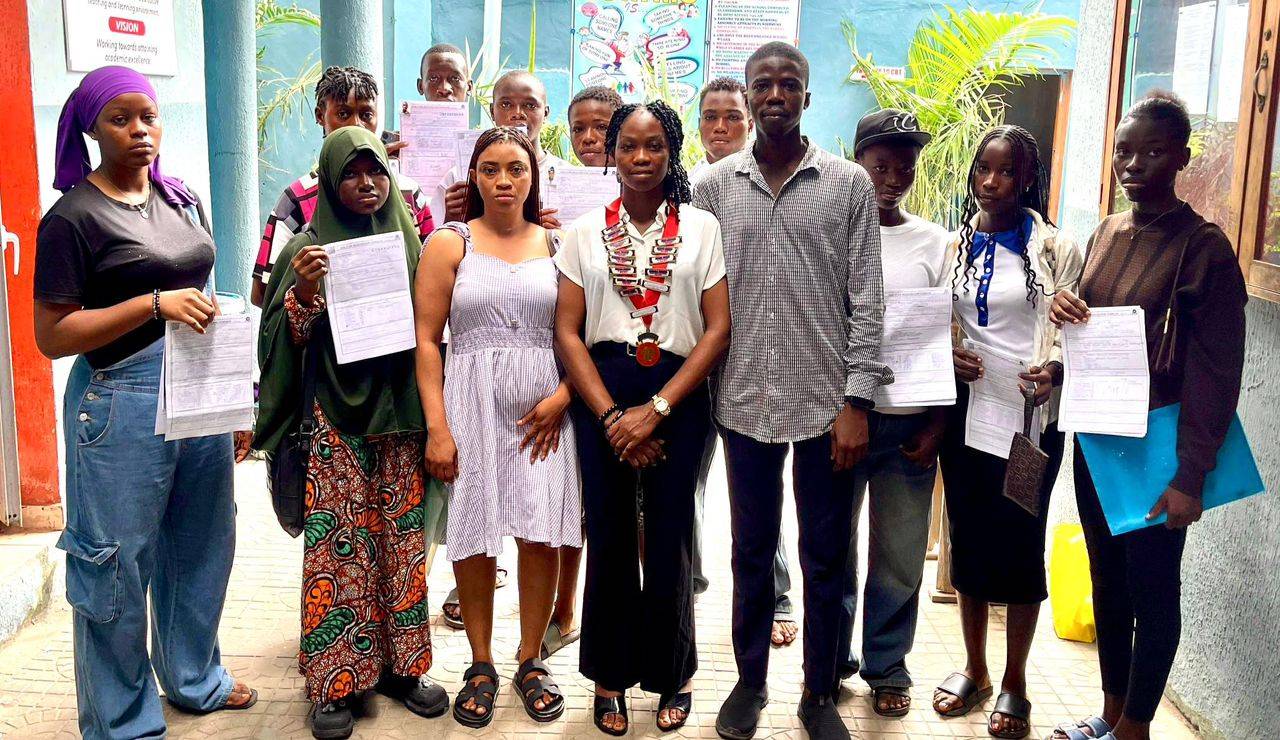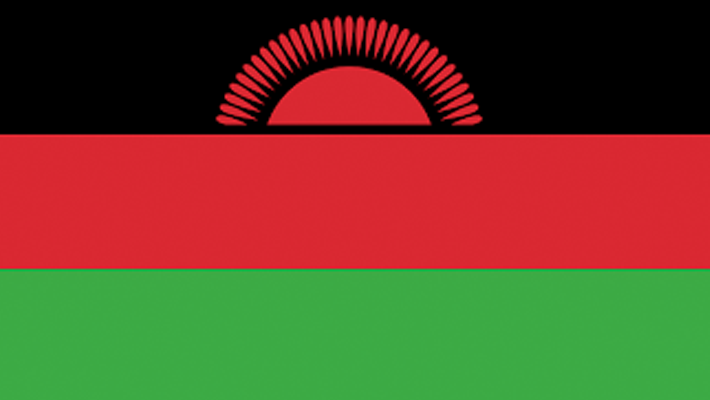The global tech boom, which crescendoed when the pandemic forced people indoors and online, has ended. As consumers dialed down their app-based consumption and interest rates went up to fight inflation, investors tightened their belts.
Around the world, startups and major tech companies alike are scrambling to adjust — if not folding entirely. E-commerce giants like Alibaba and Jumia slashed their workforces in 2022. Salvadorean delivery company Hugo closed in its home market, while Pakistan’s Airlift shut its doors completely. Here are some of the companies outside of North America and Europe that have been shaped by a very bad year in tech.
Hugo
Delivery
El Salvador

Hugo’s headquarters in San Salvador, El Salvador on November 11, 2022.
Launched in 2017, El Salvador’s Hugo gave global delivery giants like Uber Eats a run for their money in its home market. By 2021, it had raised more than $13.7 million in venture capital funding, expanded to six countries, and registered more than 14,000 drivers. But on January 4, 2023, Hugo’s founders announced that the company would cease operations in El Salvador. Following the global crunch in tech funding, its parent company Delivery Hero, which acquired Hugo in 2021, decided to fold the company into a local competitor, PedidosYa.
Jumia
E-commerce
Nigeria

Jumia employees organize and package goods in the company’s warehouse in Nairobi, Kenya on May 16, 2018.
Africa’s first unicorn had a bumpy 2022. Lagos-based Jumia is the continent’s biggest e-commerce company, with millions of users. But it’s struggling to turn a profit. Last year, it let go of roughly one-fifth of its workforce, and now it has lost nearly 70% of its value compared to its 2019 IPO. Jumia’s struggles have analysts wondering aloud whether the e-commerce business model will work in Africa. “While the firm sold an ‘Amazon of Africa’ narrative that appealed to Western investors, the reality on the ground never backed that up,” Emeka Ajene, an independent tech analyst, told Rest of World in February.
Alibaba
E-commerce
China

Employees working at an Alibaba warehouse in Hefei City, China on November 11, 2022. CFOTO/Future Publishing/Getty Images
Every November, Chinese e-commerce giant Alibaba proudly announces how much it sold during its Double 11 Shopping Festival. And, every November, it boasts a number larger than that of the year before — until 2022. Last year, Alibaba did not release a sales figure, a symbolic decision during a tough year. As China was hit by “zero-Covid” unrest, the company laid off about 19,000 people.
Airlift
Delivery
Pakistan

The Airlift team at their office in Lahore, Pakistan in June 2022.
News of Airlift, Pakistan’s most valued startup, shuttering in July 2022 sent shockwaves through the country’s startup ecosystem. The instant delivery company had raised $85 million in 2021, the single largest funding round for any Pakistani company ever, but, a year later, investors retreated. Hundreds of corporate employees and thousands of warehouse workers and delivery drivers lost their jobs.
Oyo
Hospitality
India

An Oyo property in Sleman, Indonesia.
After a difficult pandemic, Indian budget hospitality company Oyo announced a reorganization in late 2022, reducing its workforce by about 10%. Despite filing to go public in 2021, the SoftBank-backed company has yet to IPO and its estimated valuation has reportedly dropped by about 20 percent.
54gene
Biotech
Nigeria
African genomics startup 54gene has faced a tough year, with shifting leadership and two rounds of layoffs leaving many wondering what’s next. Founded with the goal of addressing Africa’s lack of genomic data, 54gene went on to become one of the continent’s largest providers of Covid-19 testing. But it failed to reposition itself as the pandemic’s urgency waned. The company’s valuation has reportedly dropped by two-thirds.
Byju’s
Edtech
India

A Byju’s employee working on a learning app at the company’s offices in Bengaluru, India, on April 5, 2017. Dhiraj Singh/Bloomberg/Getty Images
Byju’s, the world’s most valuable education technology company, had already been in hot water over claims about aggressive sales practices and misleading ads, when, last year, it was back in the news for all the wrong reasons. In late 2022, critics alleged Byju’s had painted an overly rosy picture after the company released a financial report in which losses totaling hundreds of millions of dollars were announced for the first time. The company also drew ire when it laid off 2,500 staffers before paying soccer star Lionel Messi an estimated $7 million yearly fee to be its global ambassador. Meanwhile, a post-pandemic lull in online learning has continued to hit the company, with a new round of layoffs in February 2023 cutting another 1,000 jobs.
Ola
Mobility
India

Saumya Khandelwal for Rest of World
The Ola Future Factory, which Ola claims to be the world’s largest two-wheeler factory, in Pochampalli, India on August 12, 2022.
SoftBank-backed mobility company Ola Cabs has had a rough few years. Its business model of leasing cars to ride-hailing drivers was dealt a huge blow by the pandemic, saddling the company with thousands of vehicles it struggled to get rid of. It then shifted focus to electric scooters, but customers have complained about malfunctioning scooters that accelerate backward and catch fire. Over the past three years, Ola has let go of some 2,500 employees across several rounds of layoffs. But the company hasn’t tempered its ambitions, announcing plans in February 2023 to build India’s largest EV hub to house its own factories as well as its suppliers.
GoTo
Super-app
Indonesia

Gojek’s headquarters in Jakarta, Indonesia on January 29, 2021. Muhammad Fadli for Rest of World
As the merger of Indonesia’s two most valuable startups, ride-hailing company Gojek and e-commerce platform Tokopedia, GoTo has outsized significance in the country. “GoTo is Indonesia’s face,” an analyst told Rest of World in March. “It has to be successful.” But the company has seen its share of stumbles over the past year, including an IPO at a time when markets were starting to drop, and a government probe into its executives for potential conflicts of interest. The company announced a major round of layoffs in November that cut staff numbers by 12%, and another on March 10 that eliminated a further 600 jobs. The news prompted a small drop in GoTo’s share price, now down about 67% since the company listed last April
Restofworld














